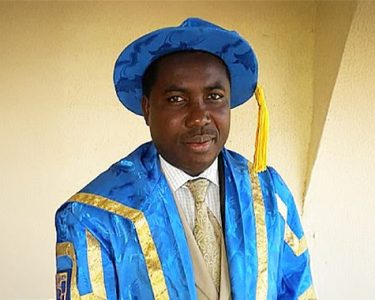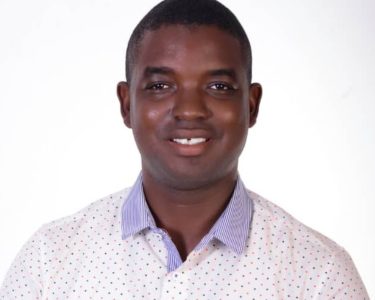The recent announcement by the Minister of Humanitarian Affairs, Dr. Nentawe Yilwatda, that the Federal Government is deploying artificial intelligence (AI) to identify poor Nigerians might sound like progress. But beneath the headlines and tech buzzwords lies a worrying sign: once again, the government is treating poverty as a data problem rather than the deeply human crisis it truly is.
AI may help crunch numbers and draw maps, but it cannot understand the real causes of suffering in Nigeria. It cannot account for the corrupt systems, failed institutions, insecurity, mass unemployment, and decades of neglect that keep millions in poverty. In truth, it risks becoming another layer of bureaucracy one that distances government even further from the people it claims to serve.
What’s more, AI depends on data and Nigeria doesn’t have the kind of reliable, inclusive data such a system would need. Large parts of the country, particularly rural communities and displaced persons, are not captured in formal databases. Many poor Nigerians lack access to digital services entirely. If the algorithm is blind to them, how will it find them?
There’s also the danger of relying on opaque technology in a system already struggling with transparency. Who builds and controls the AI? What are the criteria for identifying the poor? Who verifies the results? Without clear answers, this could easily become another tool for exclusion, not inclusion.
Beyond the technical issues, there are ethical concerns. AI systems can replicate and even worsen existing inequalities if not carefully monitored. Without safeguards, marginalized communities may be misrepresented, overlooked, or misclassified and since these decisions are automated, they may have no clear channel for appeal or correction.
Let’s also not forget the human side. In many communities, it is the local leaders, social workers, and NGOs who truly understand who is in need. Replacing this human judgment with code risks flattening complex realities into simplistic labels.
To be clear, technology has its place in governance. But deploying AI should come after the fundamentals are fixed not before. Until we address the root causes of poverty with real policy, political will, and investment in public infrastructure, this shiny new tool will only scratch the surface.
It’s time for the government to stop hiding behind innovation and start delivering real impact. Poverty cannot be automated away it must be tackled with honesty, humanity, and hard work.




